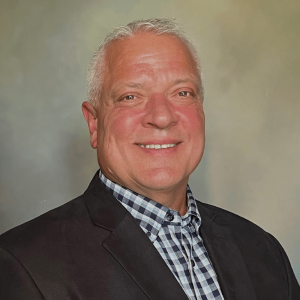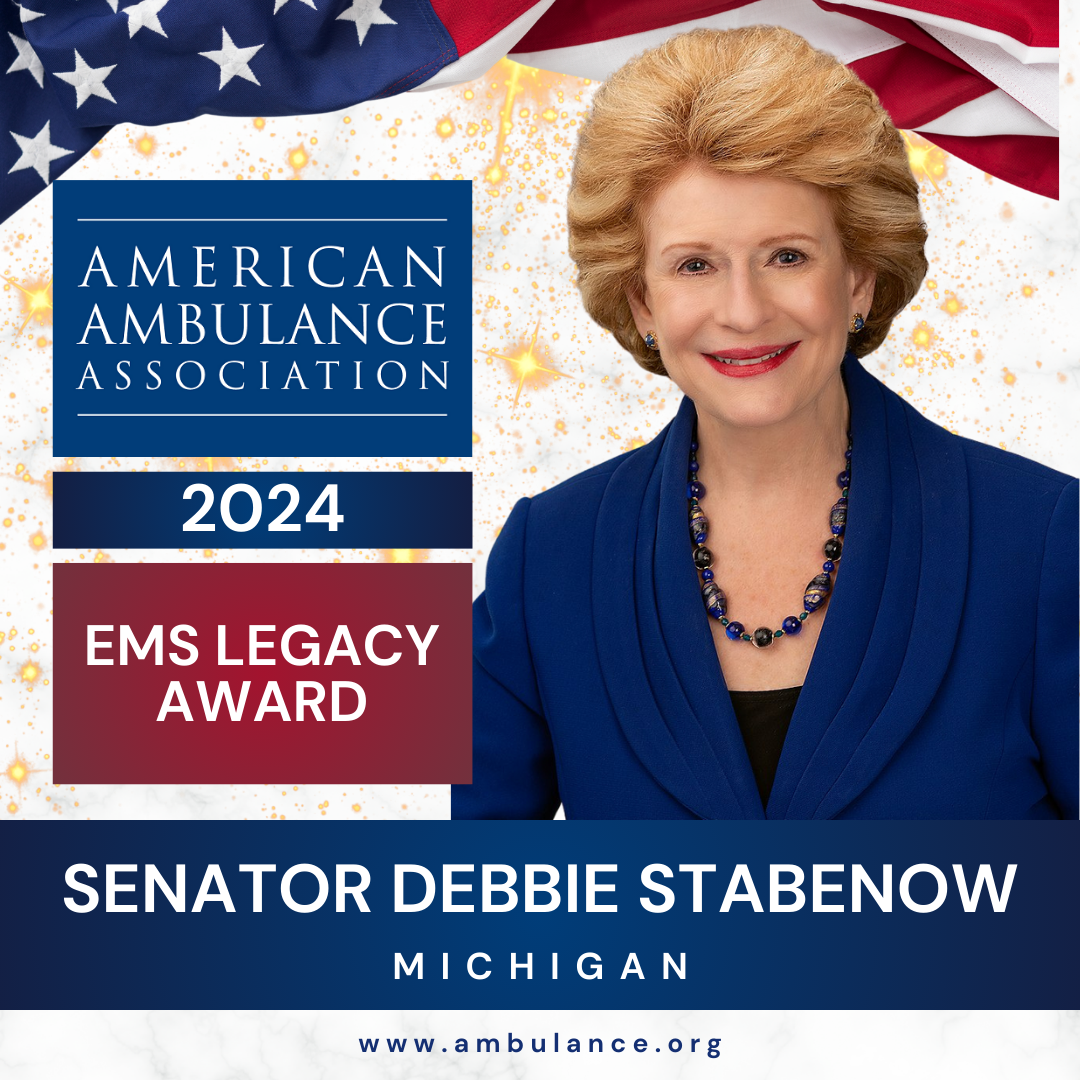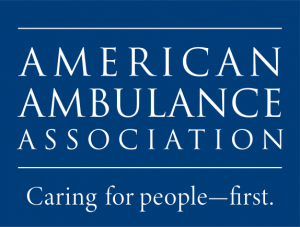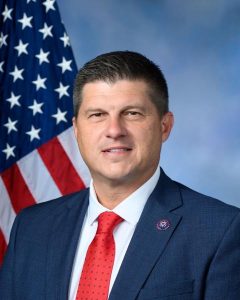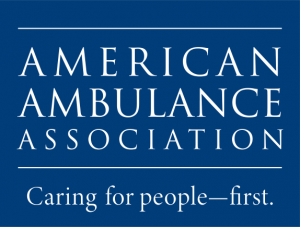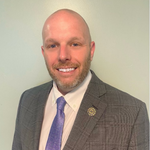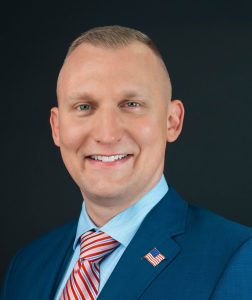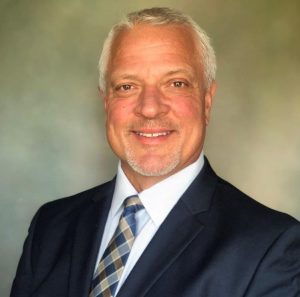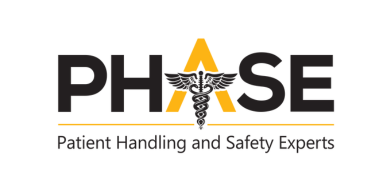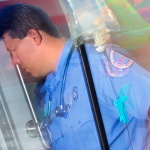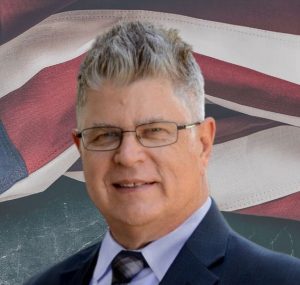Bigfork, Montana, May 17 – Binder Lift, a supplier of patient handling equipment and training for emergency care providers, recently became PHASE (Patient Handling and Safety Experts) in response to the ongoing workforce shortage in the emergency care industry. “Patient handling causes far more injuries to emergency care providers than any other job function,” said PHASE CEO Rick Binder. “Though we can’t help agencies find new personnel, we can help them retain employees by providing them with the equipment and training necessary to avoid injuries where they happen most.”
Recognizing a problem they could help solve, the company expanded its resources to protect emergency care providers from the most common cause of injury. It added new solutions to its product line and helped produce an accredited training program on patient handling safety that will be available without cost. “Suddenly, we weren’t only helping providers avoid lifting injuries by supplying a single product; we were helping customers safely move patients from the bathtub in the patient’s home all the way to the hospital bed,” Binder said. “Becoming PHASE was a natural progression.”
The company’s first product, Binder Lift, was born in 2012 out of a friendly argument between Binder’s mother and father. Julie Binder, an EMT-I at the time, told Dan Binder there was nothing available to help her and her partner safely lift a large patient from the floor to a standing position. Dan didn’t believe her. “After a long web search to prove her wrong, he found nothing,” Binder said. “So he got to work making his own solution.”
The result was the company’s flagship product. Since then, more than 3,000 emergency care departments have invested in the Binder Lift to keep their personnel safe when lifting patients. The device has also won multiple industry awards, including EMS Innovation of the Year.
Binder believes adding new products and resources to its offerings is the best way the company could serve the emergency care providers it works to protect. “These are remarkable people,” he said. “They work tough hours for modest pay in order to help others. They shouldn’t have to worry about being injured simply by doing their job.”
Continuing its commitment to their health and safety, PHASE is offering free product trials to first responders through its new website, www.phaseintl.com.
The new website also includes a comprehensive resource center where users can watch instructional videos, get product information, and read case studies. The site will also feature free access to an accredited training program created in partnership with other industry stakeholders in the coming months.
“We’ve grown a lot over the last decade since first bringing the Binder Lift to market,” Binder said. “But we’re still the same family-owned and operated business that values our relationships with our customers and industry partners.”
About PHASE (Patient Handling and Safety Experts)
We’re on a mission to empower emergency care providers to have longer and healthier careers by providing the equipment and training necessary to safely move patients of any size with ease. All our products and services are science-backed solutions that help emergency care providers avoid injuries where they happen most. PHASE is a family-owned business that brings our family values to the workplace. When you do business with us, you’re more than a customer. You’re family. So, let’s connect. We look forward to helping you. To learn more, visit www.phaseintl.com



